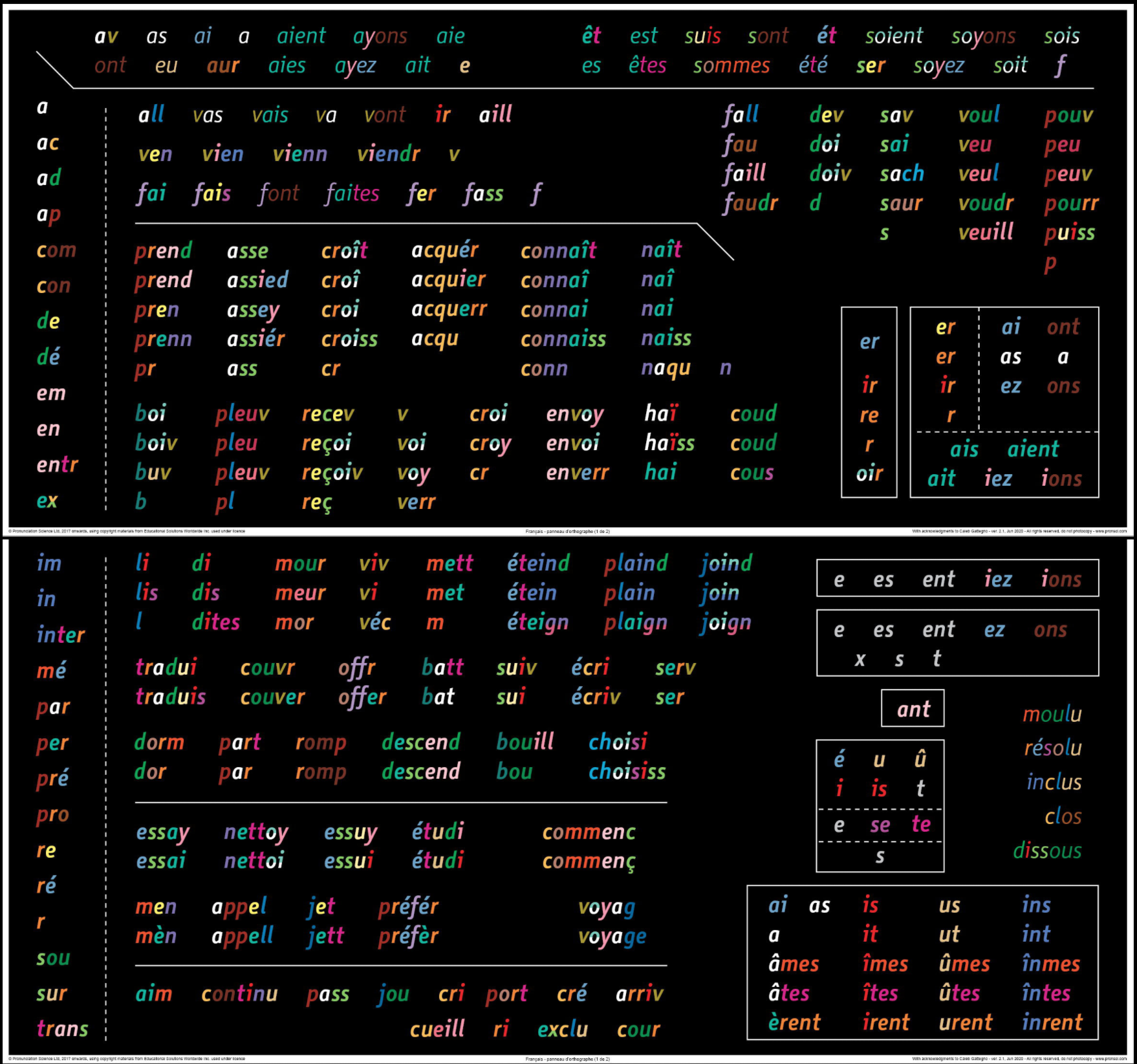Today, let’s explore a technique that can significantly boost your language acquisition journey: combining ‘free recall’ with writing practice, harnessing the benefits of handwriting. If you’re eager to maximize the benefits of your lessons, this activity could be a game-changer for you.

Understanding ‘Free Recall’
After French lessons, many learners find ‘free recall’ to be a beneficial practice. All you need is trying to recall and say out loud sentences from the lesson. It’s better done the next day, leveraging the natural learning processes that occur with a good night’s sleep. This technique is simple yet highly effective in reinforcing language skills.
Elevating ‘Free Recall’ with Writing
Consider integrating handwriting into your routine to take your ‘free recall’ exercises to the next level:
- Recall and Speak: Visualize a topic discussed in your last lesson. Recreate sentences mentally and say them out loud a few times. Focus on ones you like and feel rather confident about.
- Handwriting: Use a pen and paper and handwrite your sentences, aiming for correct spelling and accents, while accepting that mistakes may occur. Handwriting engages multiple senses, aiding memory retention with more focused attention.
- Review and Rectify: After a short break, revisit your written piece, correcting any mistakes you manage to spot. Try to rewrite the correct sentence.
- Sharing and Feedback: Take a picture of your handwritten text and send it to your teacher for additional feedback!
Benefits and Results
With regular practice, learners often experience significant benefits:
- Increased Cognitive Engagement: Handwriting requires learners to actively engage with the language, fostering deeper cognitive processing compared to typing. This heightened engagement can lead to improved comprehension and retention of vocabulary, grammar, and sentence structures.
- Improved Free Recall: Integrating handwriting enhances the effectiveness of ‘free recall’.
- Enhanced Writing Skills: It’s a subtle yet effective way to improve writing skills alongside speaking practice.
Conclusion: Embracing Writing in Learning French
While speaking remains a priority, incorporating writing exercises into your routine offers supplementary advantages. If you can afford the extra homework time, it’s a seamless way to extract extra value from ‘free recall’ sessions.
In conclusion, whether you’re a seasoned learner or still beginning your French journey, consider integrating writing exercises into your routine. With a notebook, a pen and a commitment to ‘free recall,’ you can unlock new dimensions of language proficiency, one written word at a time. Bonne chance!





Leave a Reply